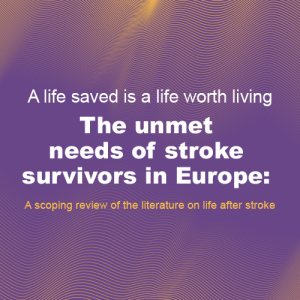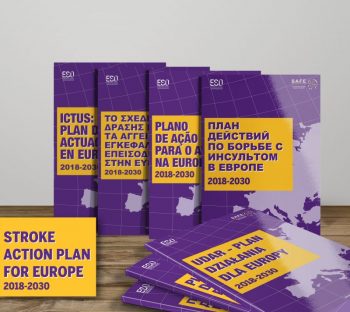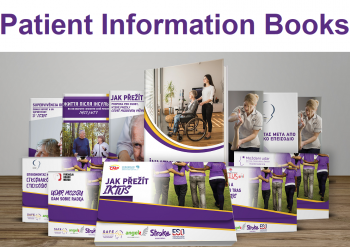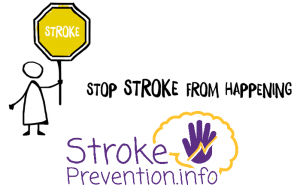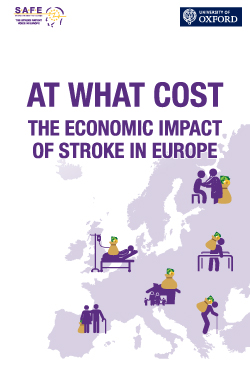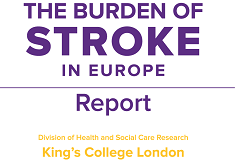
Feb 28, 2018
TENSION: A new international study funded by EU, hoping to extend the benefits of mechanical thrombectomy
A large new international study hoping to extend the benefits of mechanical thrombectomy has been launched. Thrombectomy is a treatment for certain types of acute ischaemic stroke that can use mechanical devices to drastically reduce the effects of an ongoing stroke. Very small devices are used to break and remove the clot from the blood vessel in the brain. This procedure is carried out by highly skilled neuro-radiologists and requires special hospital facilities. (more…)

Feb 26, 2018
Angels Initiative builds a global community of stroke centers and stroke ready hospitals, working each day to improve the quality of treatment for each patient with stroke.
Written by Prof. Dr Anita Arsovska and Dr Maja Bozhinovska-Smicheska
26.02.2018, Skopje, R. Macedonia– Association for a fight against stroke ,,Stroke” Macedonia in collaboration with University Clinic of Neurology organized a scientific meeting ,,Angels Initiative in Macedonia – next steps” on Friday, 23rd February. Meeting was attended by 50 medical specialists from all over Macedonia. (more…)

Feb 25, 2018
First published on ScienceDaily
Scientists have known for years that the brain liquefies after a stroke. If cut off from blood and oxygen for a long enough period, a portion of the brain will die, slowly morphing from a hard, rubbery substance into liquid goop.
Now, researchers at the University of Arizona College of Medicine — Tucson have discovered that this liquefied, dying brain tissue is toxic — and can slowly leak into the remaining healthy portion of the brain, potentially causing harm. The new findings may open the door for developing new treatments to ward off dementia after stroke; they are described in the April 2018 issue of Neurobiology of Disease. (more…)

Feb 25, 2018
First published on ScienceDaily
Brain scans from stroke patients are being downloaded by researchers around the world to test algorithms that can process MRI images
A USC-led team has now compiled, archived and shared one of the largest open-source data sets of brain scans from stroke patients via a study published Feb. 20 in Scientific Data, a Nature journal.
The data set, known as Anatomical Tracings of Lesion After Stroke (ATLAS), is now available for download; researchers around the world are already using the scans to develop and test algorithms that can automatically process MRI images from stroke patients. In the long run, scientists hope to identify biological markers that forecast which patients will respond to various rehabilitation therapies and personalize treatment plans accordingly. (more…)

Feb 25, 2018
First published on ScienceDaily
A preliminary Phase 2 clinical trial has demonstrated that patients with acute ischemic stroke, the most common type of stroke, can safely tolerate high doses of 3K3A-APC, a promising anti-stroke drug invented at The Scripps Research Institute (TSRI). The trial results, announced by pharmaceutical company ZZ Biotech, also show that 3K3A-APC substantially reduced hemorrhage volume and hemorrhage incidence in patients.
“These results lay the groundwork for the next steps toward FDA approval,” says John Griffin, PhD, professor at TSRI, whose team invented 3K3A-APC. (more…)

Feb 21, 2018
First published on ScienceDaily
A groundbreaking new wearable designed to be worn on the throat could be a game-changer in the field of stroke rehabilitation.
Developed in the lab of Northwestern University engineering professor John A. Rogers, in partnership with Shirley Ryan AbilityLab, the sensor is the latest in Rogers’ growing portfolio of stretchable electronics that are precise enough for use in advanced medical care and portable enough to be worn outside the hospital, even during extreme exercise. (more…)



